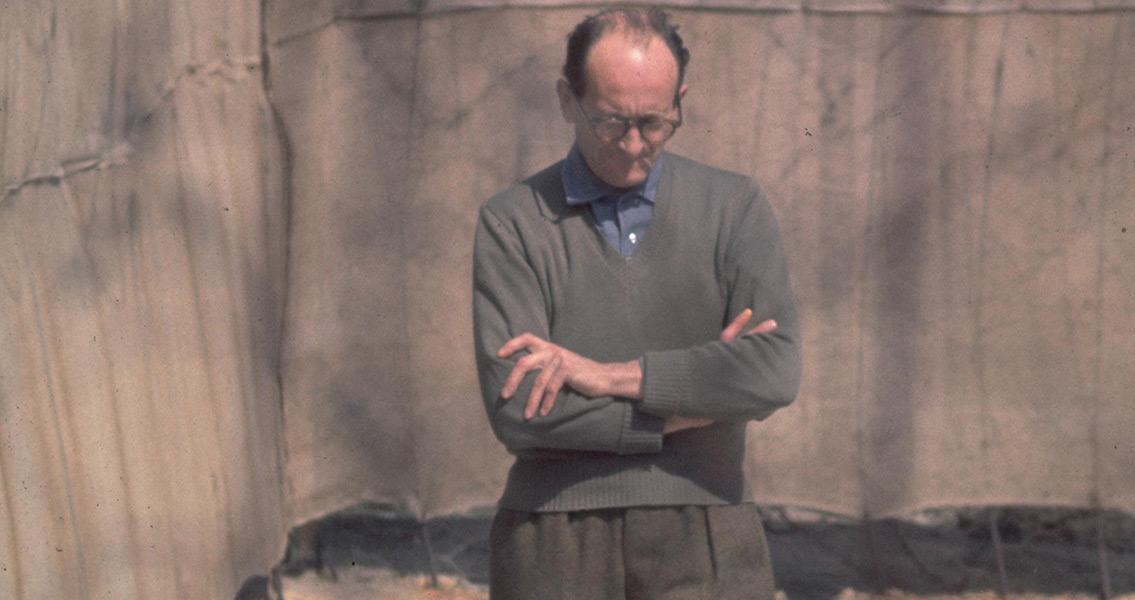<![CDATA[Often called the Architect of the Holocaust, Adolf Eichmann was sentenced to death on 15th December, 1961. The war tribunal in Tel Aviv, Israel, found the former SS officer guilty of a host of charges, including crimes against humanity and the Jewish people. Following the fall of the Third Reich in 1945, Eichmann fled from Austria to Argentina. He lived there for fifteen years under the name Ricardo Klement. Recordings of Eichmann's conversations in Argentina show he had no remorse over the Holocaust, even boasting to other foreigners in Tucumán Province about his role in the Final Solution. German-Argentine businessman Horst Carlos Fuldner helped fleeing war criminals gain a foothold in South America. His company, CAPRI, which planned hydroelectric power plants, employed an unknown number of Nazis, including Eichmann. Eichmann lost his job at CAPRI in the early 1950s, and moved with his family to Buenos Aires. He worked a host of short term jobs, before eventually gaining employment at a Mercedes-Benz factory. He stayed close to a network of Nazis living in South America. There are reports of him meeting infamous Auschwitz doctor Josef Mengele at a cafe in Argentina, and attending the leaving party of Nazi propagandist Johann von Leers, who was relocating to Egypt. Eichmann's presence in South America prevented a true comprehension and acceptance of the horrors of the 1930s and 1940s. His continued escape from trial gave credence to the stories spread around by some former Nazis that the Holocaust had been nothing more than a propaganda lie spread by the victorious Allies. In May 1960, agents from Israel's Mossad intelligence agency seized Eichmann in Argentina and brought him to Israel for trial. The operation was an illegal according to international law, one born out of Israeli frustration at Argentina's continued failure to extradite Eichmann. On 20th May a drugged Eichmann was flown out of Argentina. Three days later, Israel's prime minister David Ben Gurion announced to the world that Eichmann was in Israeli custody. Starting on 11th April 1961, Eichmann's was the first televised trial in history. The decision was made by Ben-Gurion as a way to show the post-war generation the extent of the horrors that had taken place in the Holocaust. A bill of indictment was signed against Eichmann on fifteen charges, including war crimes and membership of illegal organisations such as the SS and Gestapo. His defence was that he'd just been following orders. Holocaust survivors provided harrowing testimonies, and the extent of Eichmann's crimes were revealed. After attending the Wannsee Conference of top Nazi officials to find a 'final solution to the Jewish question', Eichmann, then an SS officer, was put in charge of implementing the horrific plan. Eichmann arranged in meticulous detail the deportation of Jewish and Roma families from Nazi occupied Europe to concentration camps. He was also in charge of determining the fate of property taken from Jews, ensuring the confiscated assets were used to the benefit of the Nazi hierarchy. On 15th December he was found guilty of all of the charges brought against him. He was sentenced to death by hanging, the execution taking place on 1st June, 1962. ]]>
Holocaust Architect Eichmann is Sentenced to Death
